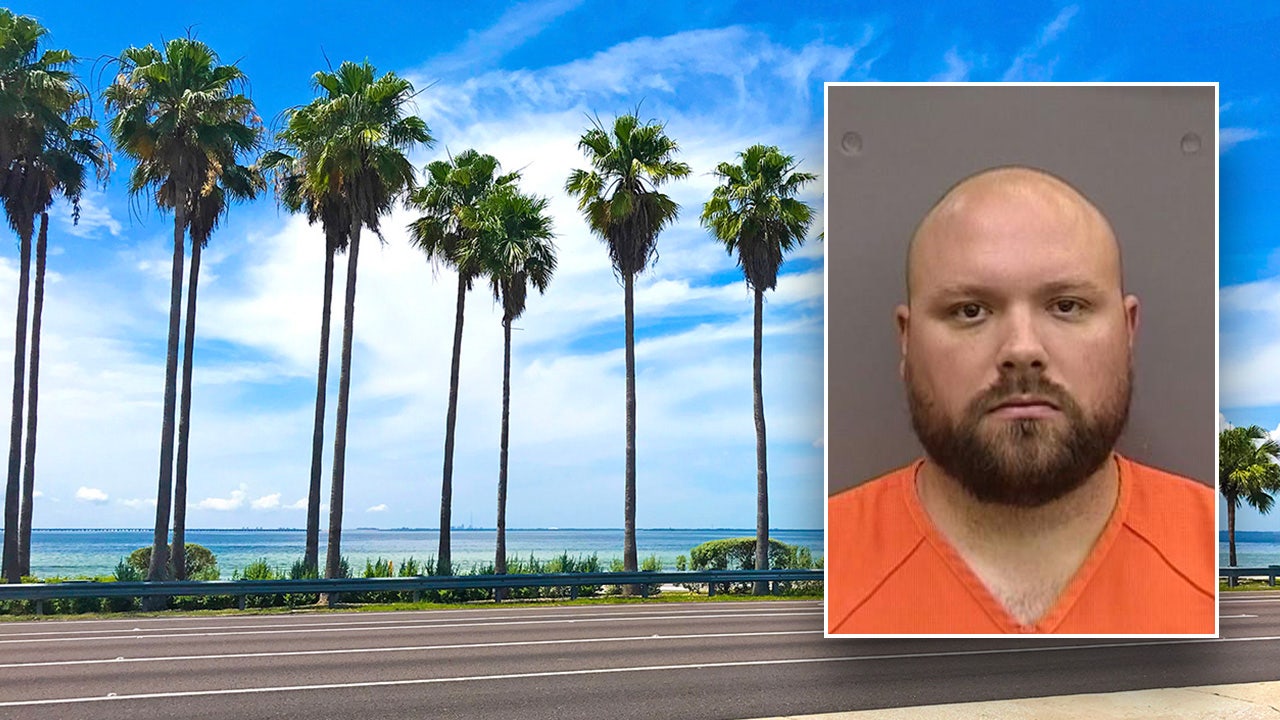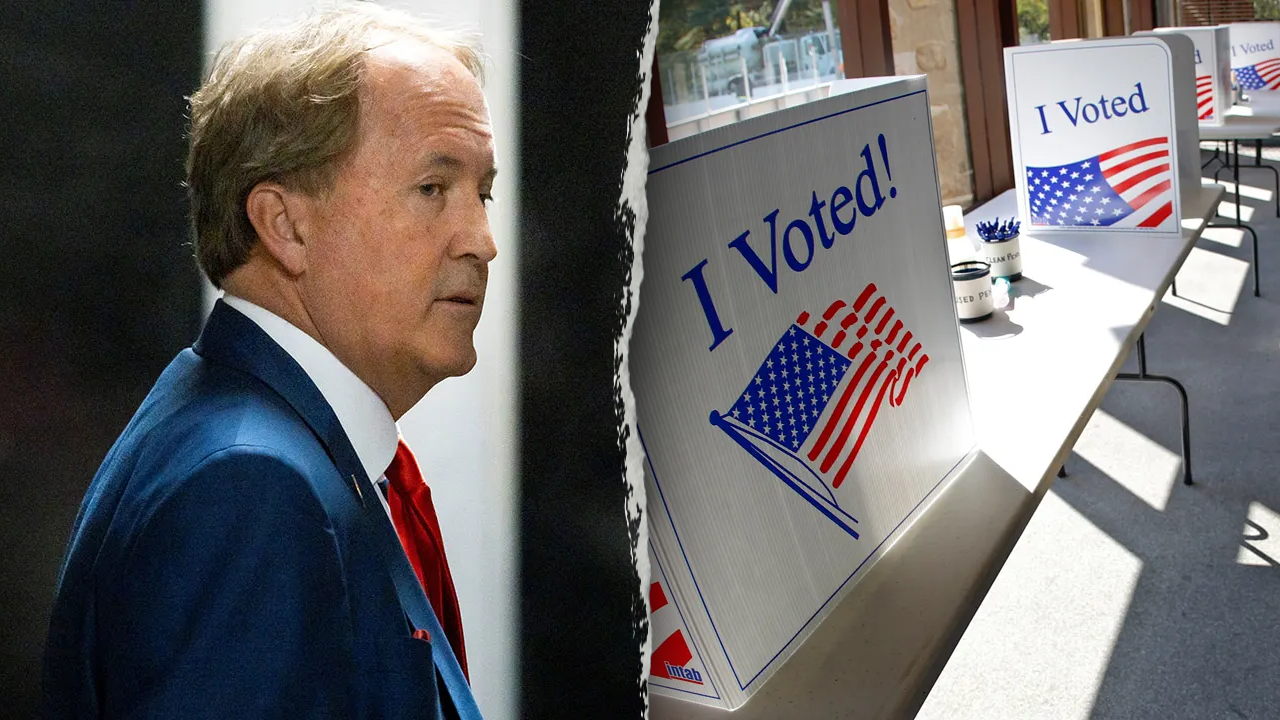NEWYou can now listen to Fox News articles!
Disinformation isn’t just an online nuisance anymore - it’s a direct threat to truth, democracy, and safety on American University campuses.
Today’s students get most of their news from TikTok, Instagram, and other social media platforms. Spaces where accuracy often takes a backseat to clicks and engagement. Users are often rewarded the more provocative they are.
Making matters worse, major platforms like Meta and X (formerly Twitter) are rolling back their fact-checking and content moderation policies. Since January 2025, Meta has scrapped its fact-checking system in favor of so-called "community framing." Similar to moves already seen on X.
JEWISH STUDENT SETTLES RELIGIOUS DISCRIMINATION SUIT AGAINST COLUMBIA

Protesters demonstrate near Columbia University on Feb. 02, 2024, in New York City. (Alexi J. Rosenfeld/Getty Images)
According to the Institute for National Security Studies, nearly 60% of people rely on social media for their information, and that number is even higher among students. Resulting in a generation increasingly unable to separate fact from fiction.
And that’s no accident.
Bad actors - from hostile foreign governments to radical social activists - are flooding these platforms with propaganda, conspiracy theories, and hate. Nowhere is this more visible than in the spike of antisemitic disinformation circulating online and at universities.
The consequences are deeply troubling: an increasing number of Jewish students feel unsafe on campus, while many others struggle with confusion and lack the tools to navigate an overwhelming flood of false information.
Universities should be a beacon of open debate, but this is being twisted into a toxic environment where Jewish students are harassed, vilified, and made to feel unsafe.

Students march and rally on Columbia University campus in support of a protest encampment supporting Palestinians, despite a 2pm deadline issued by university officials to disband or face suspension, during the ongoing conflict between Israel and the Palestinian Islamist group Hamas, in New York City, U.S., Apr. 29, 2024. (REUTERS/Caitlin Ochs)
My own research demonstrated that more than half of students admit to believing something later proven false. Many could not tell the difference between a real news story and a fake one.
More than half struggled to distinguish between legitimate news and deliberately fabricated stories when presented with fake social media posts during workshops. Leading to a staggering 87% to 94% of students across different groups expressing strong support for mandatory training to help them recognize and combat disinformation.
In three separate U.K. surveys, students reported a dramatic surge in antisemitic disinformation following the October 7th attacks - at rates of 88%, 84%, and 72%, respectively. This problem does not stop at U.K. institutions. Similar scenes have erupted on U.S. campuses.

An anti-Israel sign with the phrase "from the river to the sea Palestine will be free" at a protest near Tulane University in New Orleans. The phrase has been criticized as calling for the destruction of Israel. (Credit: Ryan Zamos)
SIGN UP FOR ANTISEMITISM EXPOSED NEWSLETTER
That’s a wake-up call.
Universities can’t afford to ignore this crisis any longer. While they can’t control TikTok or Meta, they can ensure their own house is in order. It starts with preparing students with media literacy and disinformation. Not another lecture - real, practical courses taught by experts in tech, journalism, and cybersecurity.
These programs should be non-negotiable. Because as today’s students become tomorrow’s professors this won’t be enough. Universities will also need clear rules against knowingly spreading lies, especially when those lies are used to spread hate or incite hostility - and these rules should apply to Professors too.
This isn’t about stifling debate - it’s about protecting students and upholding basic standards of truth.
The United States is on the front line of this crisis. American universities, once champions of rigorous debate and intellectual freedom, are now grappling with a tidal wave of disinformation that is undermining both education and student safety. Antisemitic conspiracy theories, fake videos, and distorted narratives are spreading like wildfire across campuses, often with little to no pushback from administrators.
Jewish students report being harassed, doxxed, and isolated for speaking out. In some cases, they’re targeted by peers who have consumed so much disinformation online including narratives that paint Jewish people as global conspirators.

Cambridge, MA - May 10: Harvard faculty and staff hold signs from inside Harvard Yard during a press conference by faculty supporters of the Harvard Out of Palestine coalition outside Harvard Yard. (John Tlumacki/The Boston Globe via Getty Images)
CLICK HERE FOR MORE FOX NEWS OPINION
These aren’t just fringe opinions anymore; they're becoming normalized in lecture halls and student unions.
The response from many institutions has been tepid at best. Some university leaders hide behind vague commitments to free expression while refusing to confront the coordinated spread of disinformation.
This isn’t a free speech issue. It’s a failure of leadership.
America’s higher education system must wake up to the reality that unchecked disinformation is not just corrosive; it’s dangerous and fragmenting cohesion on campus.
CLICK HERE TO GET THE FOX NEWS APP
Too many schools are failing to respond when Jewish students are targeted by disinformation-fueled hate. My research found in some cases; students rate their university’s response to antisemitic incidents as low as 1.7 out of 5. That’s shameful.
The consequences won’t stop at campus gates. Disinformation tears the fabric of democracy. It fuels division, extremism, and violence. And once it takes root in our education system, it’s much harder to undo.
Dr. Helena Ivanov is an associate research fellow at the Henry Jackson Society. Her research focuses on the relationship between propaganda and violence against civilians.
.png)
 German (DE)
German (DE)  English (US)
English (US)  Spanish (ES)
Spanish (ES)  French (FR)
French (FR)  Hindi (IN)
Hindi (IN)  Italian (IT)
Italian (IT)  Russian (RU)
Russian (RU)  6 hours ago
1
6 hours ago
1









Comments